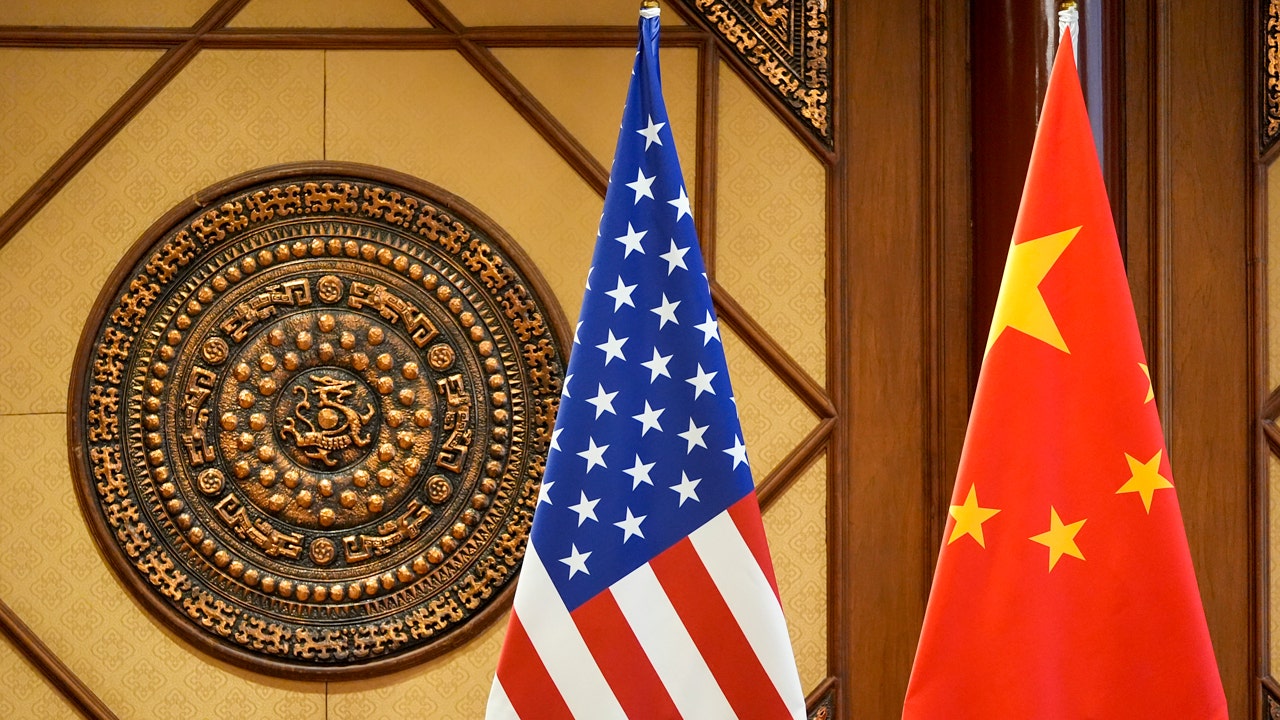Politics
China outraged after Trump State Department deletes key phrase on Taiwan relations

The U.S., China, and Taiwan: A Diplomatic Tightrope
A Sensitive Shift in U.S. Policy on Taiwan
The relationship between the United States, China, and Taiwan has long been a delicate balancing act, and recent developments have brought this sensitive dynamic into sharp focus. In a move that sparked immediate concern from Chinese officials, the U.S. State Department removed a key phrase from its official fact sheet on U.S.-Taiwan relations. The deleted phrase, which stated, "we do not support Taiwan independence," had been a cornerstone of U.S. policy for decades. The omission, which occurred on Thursday, was met with swift criticism from Beijing, which accused the U.S. of sending "the wrong signal to Taiwan independence forces." Chinese officials demanded that the U.S. "immediately correct this mistake," underscoring the deep sensitivities surrounding the Taiwan issue.
The U.S. Position: A Delicate Balance
Despite the removal of the phrase, the U.S. State Department was quick to clarify that its stance on Taiwan had not changed. A spokesperson emphasized that the U.S. remains committed to preserving peace and stability in the Taiwan Strait. "The United States is committed to preserving peace and stability in the Taiwan Strait," the spokesperson told NBC News. "We oppose any unilateral changes to the status quo from either side. We support cross-Strait dialogue, and we expect cross-Strait differences to be resolved by peaceful means, free from coercion, in a manner acceptable to people on both sides of the Strait," the statement continued.
The One China Policy: A Foundation of U.S.-China Relations
The U.S. has historically navigated its relationship with Taiwan through the framework of the "One China" policy, which recognizes Beijing as the sole government of China. While the U.S. acknowledges Beijing’s claim to Taiwan, it does not formally endorse it. This nuanced position has allowed the U.S. to maintain a relationship with Taiwan without explicitly challenging China’s sovereignty claims. However, the absence of formal diplomatic ties with Taiwan, reflected in the lack of a U.S. embassy on the island, has been a key aspect of this policy. Despite this, the U.S. has long supported Taiwan’s defense needs and worked behind the scenes to ensure that China does not forcibly unify with the island.
calls for a shift in U.S. Policy
The debate over Taiwan’s status continues to be a contentious issue in U.S. foreign policy circles. House Republicans have been vocal in their calls for President Trump to abandon the One China policy and formally recognize Taiwan as an independent state. This push has been met with alarm from Beijing, which views any move toward formal recognition of Taiwan as a direct challenge to its sovereignty. Chinese President Xi Jinping has repeatedly stated that he is open to using military force to unify the island with the mainland, a stance that has raised tensions in the region.
Taiwan’s Unique Status: A Democracy in Limbo
Taiwan’s unique status as a self-governed island with its own democratically elected government further complicates the issue. The island has maintained de facto independence since 1949, when pro-democracy forces fled there after losing a civil war to Mao Zedong and the Chinese Communist Party. Despite its independent governance, Taiwan is not widely recognized as a sovereign state by the international community, due in large part to China’s insistence on its One China policy. The U.S. has long walked a fine line in its relations with Taiwan, providing symbolic support while avoiding any actions that could be interpreted as endorsing Taiwanese independence.
military posturing and regional tensions
Recent military activity in the Taiwan Strait has further underscored the delicate balance of power in the region. Last week, two U.S. Navy vessels, along with a Canadian vessel, sailed through the Taiwan Strait, drawing criticism from Beijing. These actions, while symbolic, are seen by some as a signal of U.S. support for Taiwan and a challenge to China’s growing military presence in the region. Taiwan’s Foreign Minister has hailed the importance of the U.S.-Taiwan relationship, stating that such actions "contribute to peace and stability" in the region. However, China views these moves as an unwarranted interference in its internal affairs and a potential provocation.
Conclusion: A Fragile Peace
The recent developments highlight the fragile peace that exists in the Taiwan Strait. The U.S. finds itself torn between its commitment to upholding regional stability and its desire to support a democratic ally. China’s increasingly assertive stance on Taiwan, coupled with its military buildup, raises the stakes for all parties involved. As the U.S. and China continue to navigate their complex relationship, the status of Taiwan remains a potential flashpoint, with far-reaching implications for regional peace and global stability.


















